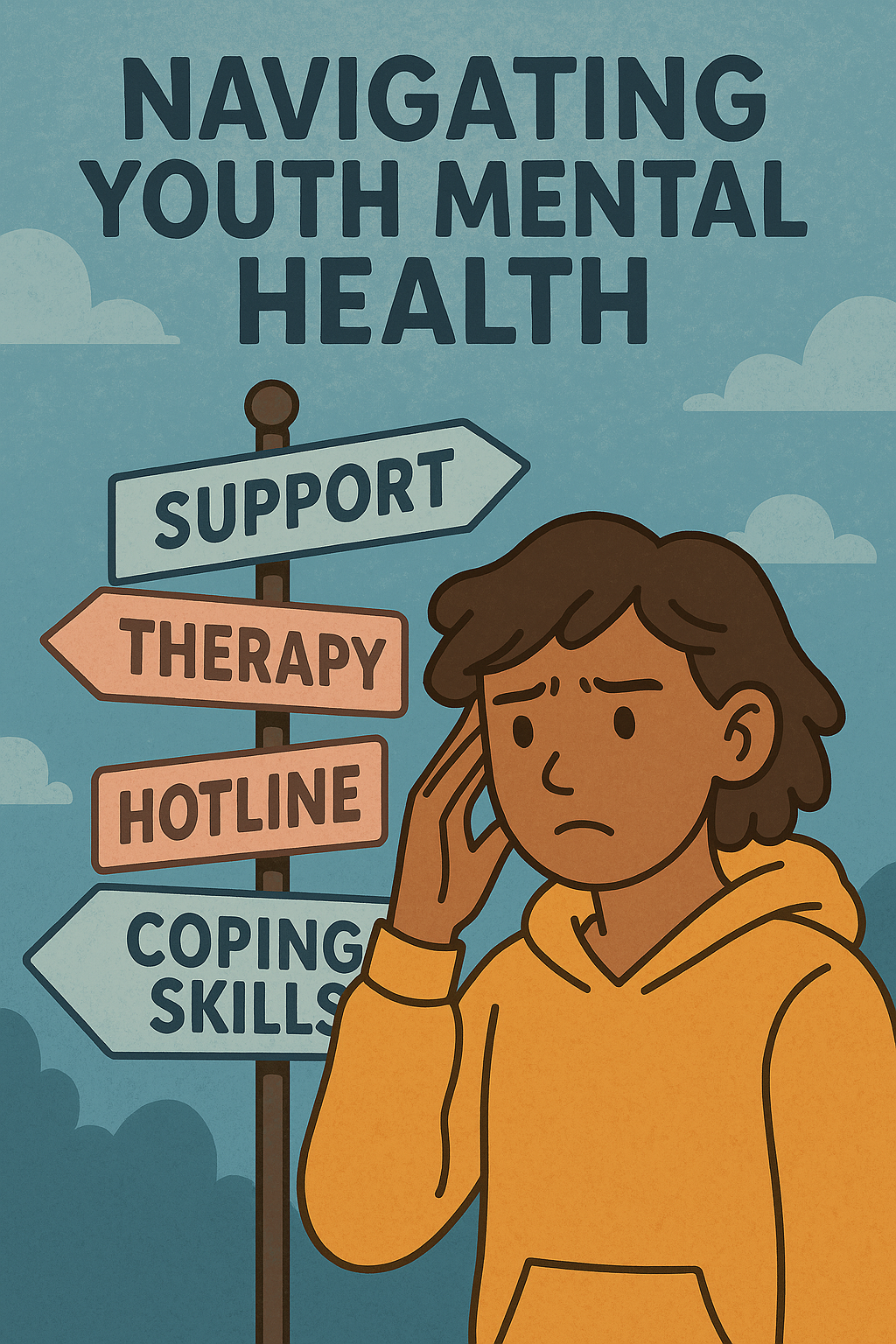
Managing Anxiety Through Leisure Activities: A Practical Guide
Leisure activities are not merely a way to pass the time. They are vital for mental health and well-being (Coleman & Iso-Ahola, 1993). Engaging in hobbies or interests can reduce stress by diverting the mind from anxious thoughts, providing a sense of accomplishment and improving mood (Pressman et al., 2009).

Exploring the Benefits and Risks of Anti-Anxiety Medication
Anxiety disorders are among the most common mental health conditions worldwide, affecting millions of individuals. For some, anxiety symptoms can be debilitating and impact their daily lives significantly. In such cases, anti-anxiety medications are often prescribed to help manage symptoms and improve quality of life. However, like any medication, anti-anxiety drugs come with both benefits and risks that need to be carefully considered.

Overcoming Adverse Childhood Experiences and Loss: Strategies for Healing and Resilience
Adverse childhood experiences (ACEs) and loss can have profound and long-lasting effects on an individual's mental, emotional, and physical well-being. These experiences may include abuse, neglect, household dysfunction, traumatic events, and the loss of loved ones. However, it is important to remember that healing and resilience are possible, even in the face of such challenges. This article explores strategies for overcoming ACEs and loss, offering hope and guidance for those struggling with these difficult experiences.

Integrating Behavioral and Physical Health: A Personal Journey
I met Laura during a community health fair a few years ago. She was vibrant, engaged, and eager to share her story with anyone who would listen. As we chatted, it became clear that her journey in healthcare was one of transformation, centered around the integration of behavioral and physical health—an approach that ultimately saved her life.

Title: Navigating Youth Mental Health: A Personal Story and Broader Perspectives
In middle school, Emma started experiencing what she described as an unshakable cloud of sadness and anxiety. The pressures of academic success, social dynamics, and personal expectations began to weigh heavily on her shoulders. Emma's parents noticed subtle changes—a dip in her academic performance, withdrawal from friends, and changes in her sleeping patterns. Despite their concern, they initially attributed these changes to the typical struggles of adolescence.
